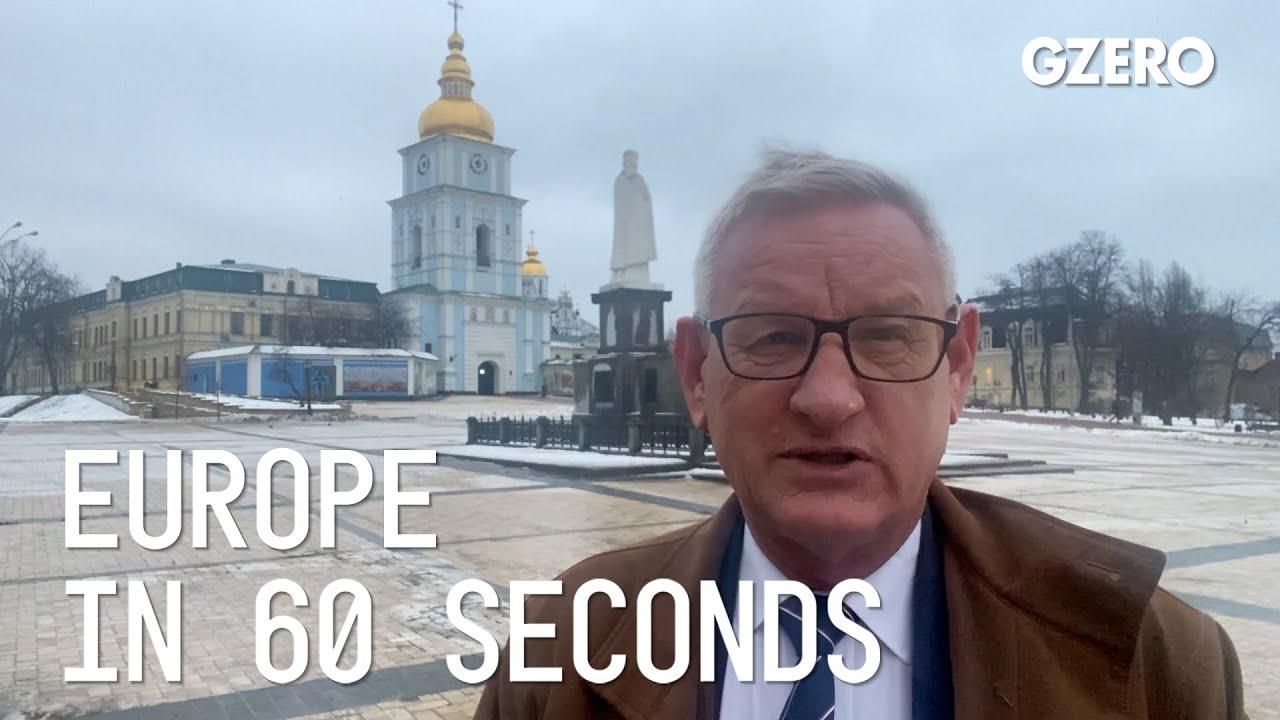
First question, how is the crisis in this part of Europe developing?
Not good. There's been a week of intense diplomacy with talks in Geneva, and Brussels, and Vienna that produced virtually nothing. The Russian, sort of key demands are outrageously unrealistic. They know that is the case. The US is trying to engage them on somewhat different issues. We'll see if there's any prospect there, but it doesn't look too good. I think the likelihood is that we gradually will move into the phase of what the Russians call military technical measures, whatever that is.
Second question, is it really bad for Boris Johnson in the UK at the moment?
Yeah, it is really bad. I mean the latest revelation of sort of "bring your own booze" party at Downing Street during the heavy lockdown period has clearly dented his reputation. Primarily it's hurting the Conservative Party further. I still think he will be there to fight another day. But what remains to be seen is if he's going to be there at the end of the year.
- Can Boris Johnson survive? - GZERO Media ›
- Boris Johnson losing support of UK citizens and his own party ... ›
- Can talks between Russia and the West prevent war in Ukraine ... ›
- Should NATO embrace Ukraine? - GZERO Media ›
- Russia-Ukraine: Don’t expect full-on invasion, but Putin isn’t bluffing - GZERO Media ›